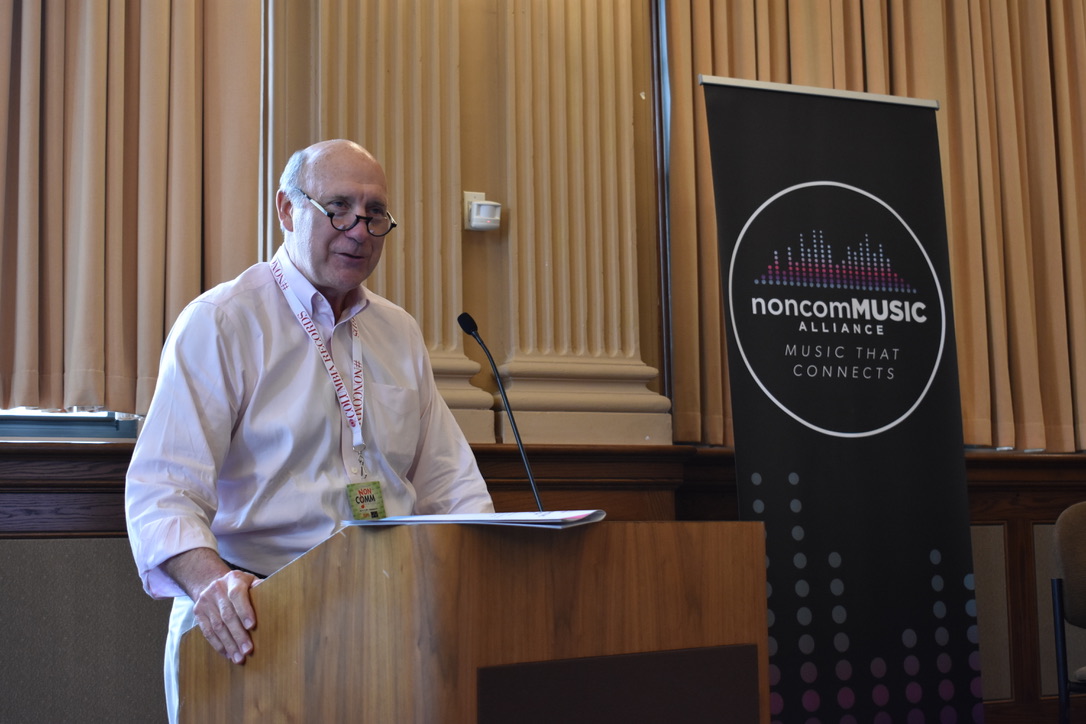System/Policy
Two House bills seek to ban federal funds to CPB and NPR
Rep. Doug Lamborn (R-Colo.) has once again proposed legislation to defund CPB and NPR.How CPB is accelerating digital transformation across public media
"No single entity can do it alone, but collectively, we can evolve to strengthen public media’s relationship with its audiences."House approves $50M hike in CPB support
Lawmakers also voted for a $2 million increase in Ready To Learn funds and level support for interconnection.Members approve changing PRNDI’s name to Public Media Journalists Association
“What we want to do is better serve our members and to be able to grow our membership,” said Executive Director Terry ...KCRW employees approve union membership
The SAG-AFTRA bargaining unit will include more than 90 employees.Fan’s collection of 8,000 cassettes preserves unique era in Princeton station’s history
“Imagine if someone offered you a photo album that was filled with pictures of you and your family from the last 20 ...KCRW employees plan to join SAG-AFTRA; KUOW unit approves first contract
KCRW employees hope to vote this month on whether to join the union. Meanwhile, KUOW employees approved a contract after a year ...Mountain West News Bureau expands coverage to Nevada with addition of KUNR
KUNR becomes the sixth station in the CPB-backed regional collaboration.Licensee of KHSU weighs options as community group makes bid for ownership
Humboldt State University laid off most of KHSU’s staff last month, citing a disconnect between its mission and the station's and a ...Debut of music station summit zeroes in on challenges posed by copyright law
The first-ever Public Radio Music Summit gave station leaders a rare chance to discuss common concerns.By censoring ‘Arthur’, Alabama network turns back the clock
Truly, what is more dangerous: two men making a sacred commitment to one another, or the denial of that reality?Annual CPB report again finds smaller stations trailing in revenues
“We’ve been knee-deep in this situation for what feels like forever,” said CPB System Development SVP Ted Krichels.With new strategic plan, Native Public Media seeks collective ‘vision for tomorrow’
The organization representing Native radio and TV stations is considering priorities that include CPB compliance, international communications policies, and sharing content among ...WBUR union drops complaint against management, looks to June negotiations
SAG-AFTRA had said that WBUR management was refusing to set dates for bargaining meetings.House Appropriations Committee approves increased Ready To Learn funding, $495M for CPB
The bill would boost Ready To Learn funding by more than $2 million.







